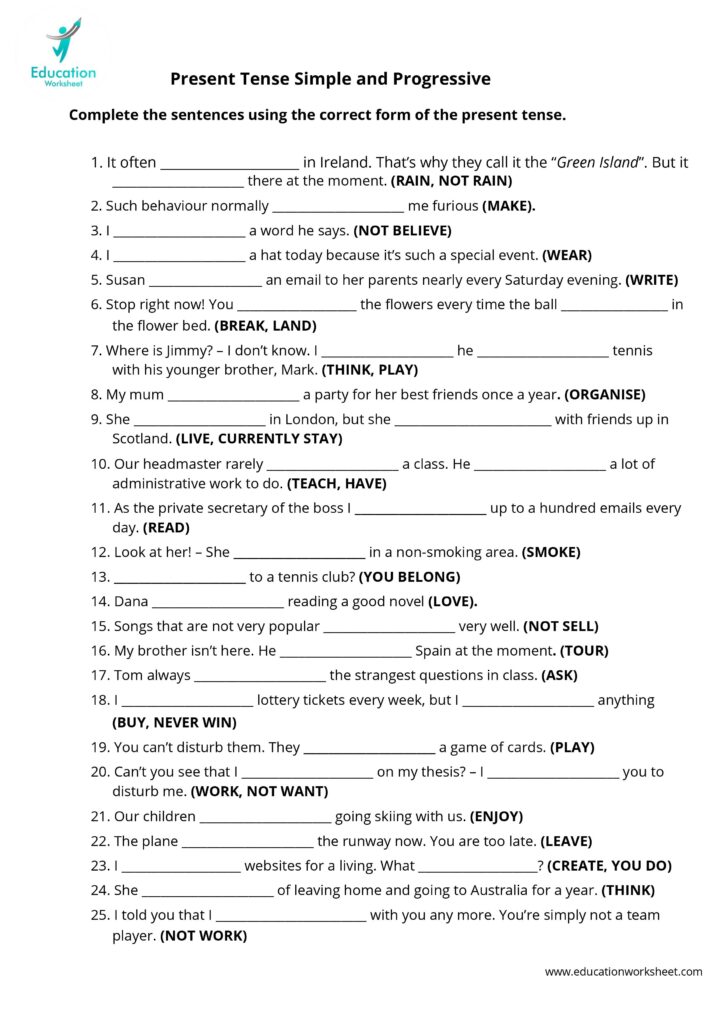English Grammar Tenses
English Grammar Tenses: Understanding Time and Tense
English grammar tenses are a crucial aspect of the English language, allowing speakers to convey the timing of actions or events in a precise manner. English Grammar Tenses is a grammatical term used to describe the time of an action or state, whether it happened in the past, is happening in the present, or will happen in the future.
Understanding the various English Grammar Tenses and their applications is essential for effective communication in English.

What Are English Grammar Tenses?
English grammar tenses are a system of verb forms that indicate the time at which an action or event takes place. There are several types of English Grammar Tenses, each serving a specific purpose in conveying the timing of an action. The main categories of tenses include:
- Present Tenses: These tenses describe actions that are happening now or are true in general.
- Present Simple: Used for habitual or general actions.
Example: “I eat breakfast every morning.” - Present Continuous: Used for actions that are in progress.
Example: “I am studying for my exam.” - Present Perfect: Used for actions that started in the past and continue up to the present.
Example: “I have been studying English for three years.”
- Present Simple: Used for habitual or general actions.
- Past Tenses: These tenses describe actions that happened in the past.
- Simple Past: Used for completed actions in the past.
Example: “I went to the store yesterday.” - Past Continuous: Used for actions that were in progress at a specific point in the past.
Example: “I was studying when my friend called.” - Past Perfect: Used for actions that occurred before another action in the past.
Example: “I had eaten dinner before I went to the movie.”
- Simple Past: Used for completed actions in the past.
- Future Tenses: These tenses describe actions that will happen in the future.
- Simple Future: Used for actions that will happen at a specific point in the future.
Example: “I will attend the meeting tomorrow.” - Future Continuous: Used for actions that will be in progress at a specific point in the future.
Example: “I will be studying for my exam next week.” - Future Perfect: Used for actions that will be completed at a specific point in the future.
Example: “I will have finished my project by the end of the month.”
- Simple Future: Used for actions that will happen at a specific point in the future.
Importance of English Grammar Tenses
English grammar tenses are essential for effective communication in English Grammar Tenses. They help speakers convey the timing of actions, which is crucial in conveying meaning and context. Understanding the different tenses and their applications allows speakers to express themselves accurately and clearly.
Example Sentences of English Grammar Tenses
Present Perfect Continuous
- Example: She has been studying for three hours.
- Usage: Describes an action that began in the past and is still continuing or has recently stopped.
- Structure: Subject + has/have + been + present participle (verb + ing).
Past Perfect Continuous
- Example: He had been running for an hour before it started raining.
- Usage: Describes an action that was ongoing in the past and was completed before another action or time in the past.
- Structure: Subject + had + been + present participle (verb + ing).
Future Perfect Continuous
- Example: By next year, they will have been working on the project for five years.
- Usage: Describes an action that will be ongoing up until a point in the future.
- Structure: Subject + will have been + present participle (verb + ing).
Conclusion
English grammar tenses are a fundamental aspect of the English language. Understanding the different tenses and their applications is crucial for effective communication. This document provides a comprehensive overview of English grammar tenses, including their definitions, examples, and uses. By mastering the different tenses, speakers can express themselves accurately and clearly, enhancing their overall communication skills in English.

